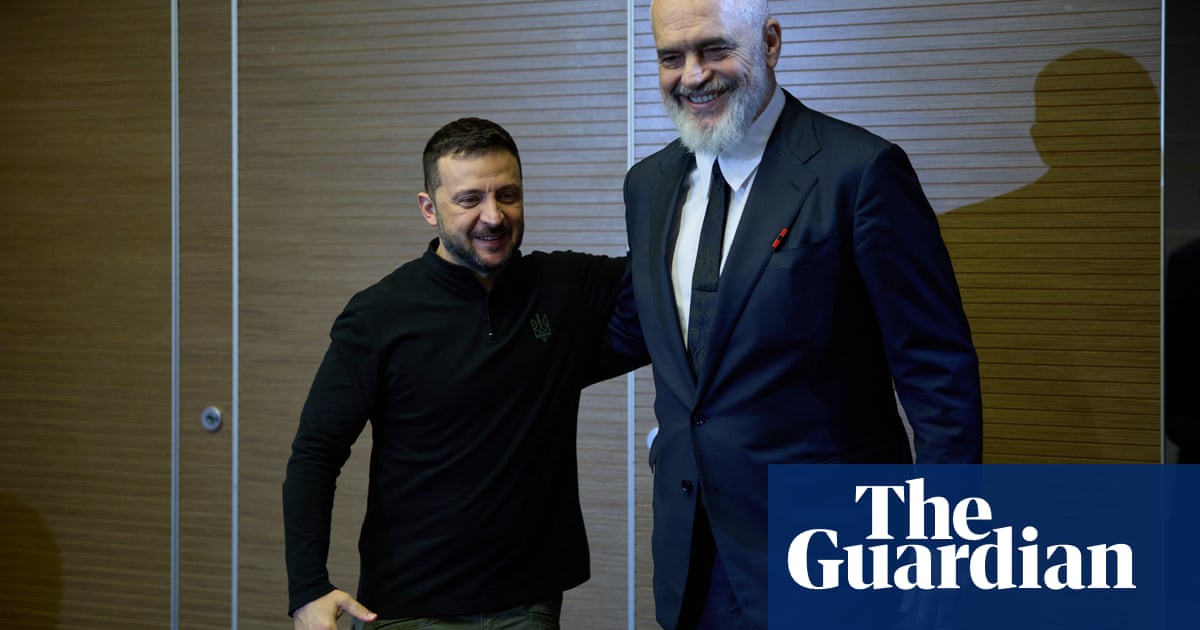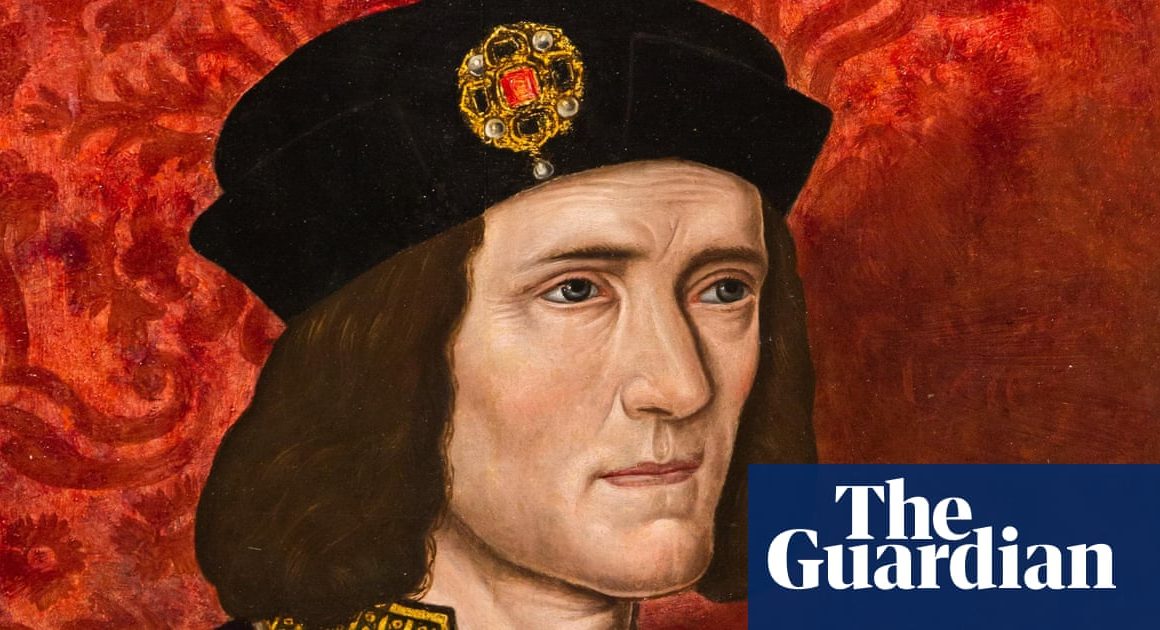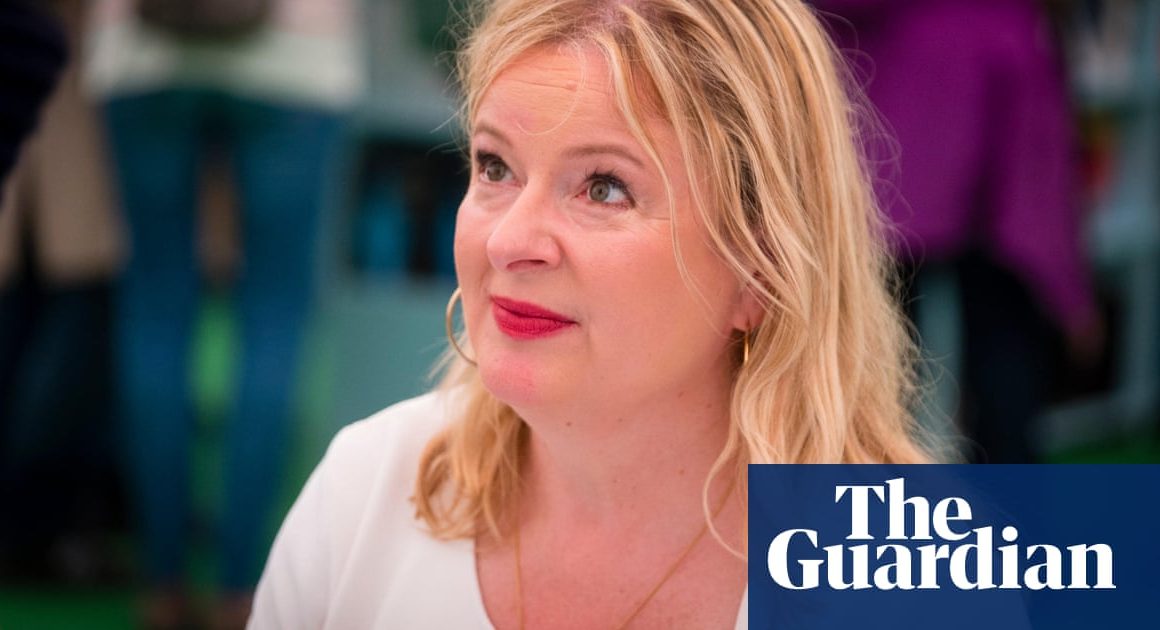Volodymyr Zelenskyy said in Croatia on Wednesday that the war could be ended no later than next year. Addressing the third Ukraine-South East Europe summit in Dubrovnik, the Ukrainian leader said: “In October, November and December, we have a real chance to move the situation towards peace and long-term stability,” he said. “The situation on the battlefield creates an opportunity to make this choice – a choice in favour of decisive action to end the war no later than 2025.” Zelenskyy did not spell out how and why he perceived such an opportunity. Russian forces now hold just under 20% of Ukraine’s east and south.
Ukraine’s president will be in London on Thursday to meet the new Nato secretary general, Mark Rutte, and the British prime minister, Keir Starmer. The hastily arranged meeting comes after a Ramstein summit where Zelenskyy was going to present a “victory plan” to western leaders was formally postponed after Joe Biden, the US president, cancelled his trip in order to stay at home to respond to Hurricane Milton, as Dan Sabbagh reports.
Organisers said the Ramstein meeting of about 20 world leaders in Germany would be rescheduled. Ukrainian sources said Zelenskyy would travel to meet the German chancellor, Olaf Scholz, in Berlin on Friday. Zelenskyy was in Croatia on Wednesday and is scheduled to meet Pope Francis on Friday. At the Croatia summit, Zelenskyy told the press: “I will meet separately in each country with the leaders of Britain, France, Italy and Germany.”
A Russian ballistic missile strike on port infrastructure in Odesa region killed six Ukrainian people and wounded 11 others on Wednesday, authorities said. The attack struck a civilian container ship flying the flag of Panama, according to the region’s governor, Oleg Kiper. “This is the third attack on a civilian vessel in the last four days.”
Ukraine’s military said it made a “direct hit” on a base storing Shahed drones in southern Russia’s Krasnodar region. A statement said the attack near a village called Oktyabrsky was carried out jointly by naval forces and the SBU intelligence service. “According to available information, nearly 400 strike drones were stored there,” the statement said. “Based on objective control results, a direct hit was made on the target. Secondary explosions were observed at the site.”
Earlier, the Ukrainian military said one of its drones struck an important depot storing North Korean arms along with glide bombs and other munitions in Russia’s Bryansk border region. Russian authorities declared a state of emergency in the area after “detonations of explosive objects”. Three weeks earlier, another drone blasted a major Russian armoury and this week a drone smashed into a key oil terminal in Russia-occupied Crimea, leaving it burning for days. Analysts have said the strikes on the Kremlin’s armouries have noticeably hit Russian ammunition supplies and reduced the margin by which they outgun the Ukrainians on the battlefield.
Ursula von der Leyen, the European Commission president, has accused Viktor Orbán of a historic failure to support Ukraine, economic mismanagement and making his country a “back door for foreign interference”. At the European parliament in Strasbourg, she pointedly criticised Orbán’s stance on Ukraine, Jennifer Rankin reports from Brussels. “There are still some who blame this war not on Putin’s lust for power but on Ukraine’s thirst for freedom, so I want to ask them: would they ever blame the Hungarians for the Soviet invasion [of Hungary] in 1956?” Von der Leyen criticised Orbán for failing to follow through on an EU pledge made in 2022 to end dependency on Russian fossil fuels. “Instead of looking for alternative sources [of energy], in particular, one member state just looked for alternative ways to buy fossil fuels from Russia.”












